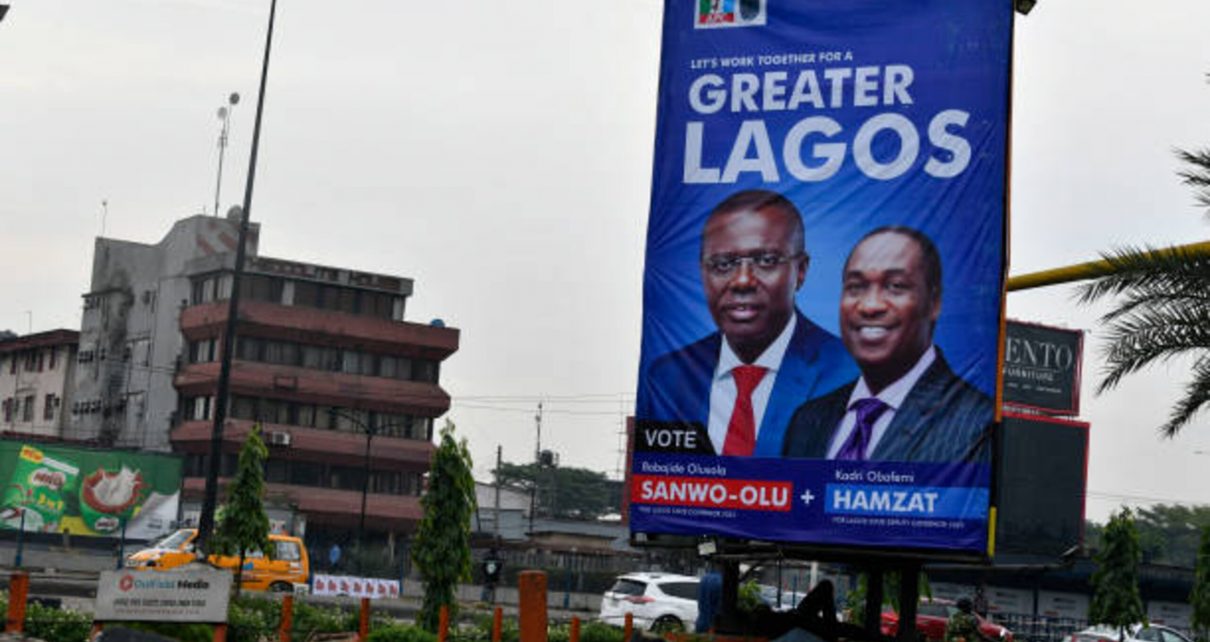The State and National Appeal Court, presiding in Lagos, has chosen to reserve its judgment in the appeal lodged by the Labour Party and the Peoples Democratic Party (PDP) challenging the re-election of Governor Babajide Sanwo-Olu. The Labour Party’s candidate, Mr. Gbadebo Rhodes-Vivour, and Mr. Abdulazeez Adediran of the PDP, contested the ruling of the election tribunal that upheld Sanwo-Olu’s re-election on March 18.
Lead Justice Yargata Nimpar, after hearing arguments from both sides, decided to postpone the ruling, with the date of judgment to be communicated later.
Counsel to the Labour Party, Mr. Benson Olagbade, urged the court to allow the appeal and set aside the tribunal’s decision, contending that the tribunal made an error in placing the burden of proof on the appellant regarding the specific oath of allegiance subscribed to by Hamzat.
“We invite this court to give full interpretation of the law to this matter. It does not matter whose ox is gored,” Olagbade asserted.
On the other hand, Mr. Wole Olanipeku (SAN), representing Governor Sanwo-Olu and his deputy, Hamzat, implored the court to dismiss the appeal, asserting that the dual citizenship argument raised by the appellant was not presented before the tribunal.
“The tribunal found out that the purported oath of allegiance to a foreign country was not before it, so it ruled it out. We urge your Lordship to dismiss this appeal,” Olanipeku stated.
In a separate case, the PDP also filed an appeal seeking the disqualification of Governor Sanwo-Olu’s re-election, while criticizing the tribunal for dismissing their petition against Labour Party’s candidate, Rhodes-Vivour. Adediran and the PDP argued that their petitions were based on constitutional grounds for qualification and disqualification for the office of Governor in Nigeria.
Counsel to Sanwo-Olu and his deputy, Olanipekun, contended that the appellants failed to provide sufficient evidence before the lower tribunal, and thus, no burden shifted to the respondents to disprove any fact. He emphasized the discrepancy between oral and documentary evidence presented by the petitioners.
“In the instant case, the petitioner tendered the alleged false document (Exhibit P36) from the bar, the petitioners could not produce before the court the original document from which exhibit P36 was counterfeit. It is trite law that where oral evidence and documentary evidence tendered by a party in proof of a fact says different, that party cannot be said to have led credible and cogent evidence in proof of that fact,” Olanipekun argued.




